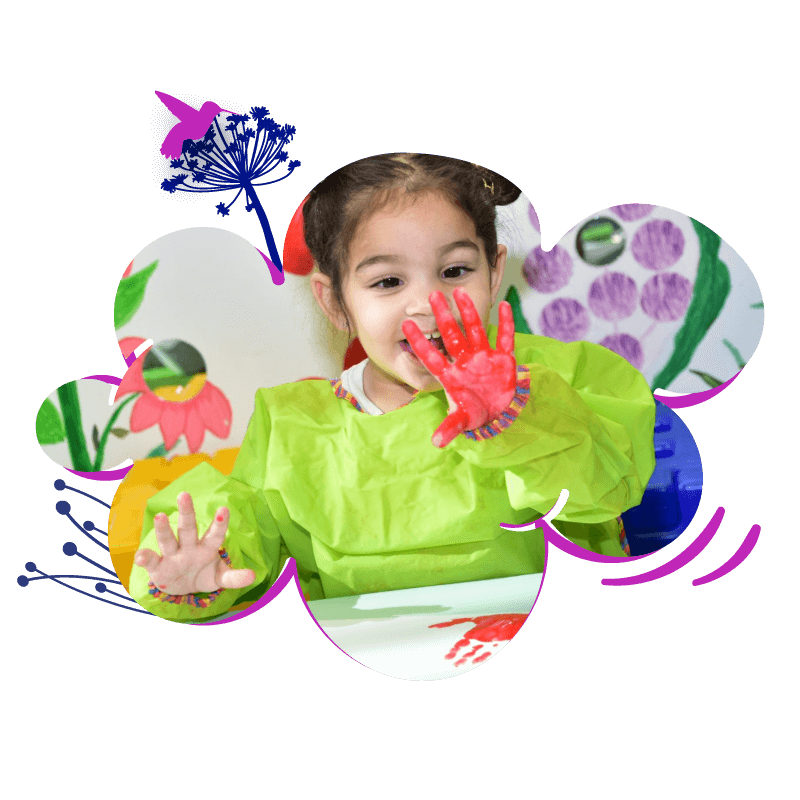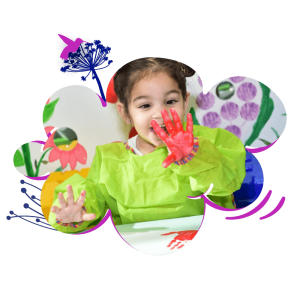Why Nutrition Matters in Early Childhood
During the toddler years (ages 1-4), children experience rapid growth and increased activity levels. Proper nutrition supports:
Brain Development: Essential nutrients like Omega-3 fatty acids, iron, and vitamins play a key role in cognitive growth.
Stronger Immunity: A well-balanced diet helps children fight off infections and stay active.
Emotional Well-being: Nutrient-rich foods can help regulate mood and energy levels.
Healthy Eating Habits: Early exposure to a variety of foods encourages lifelong healthy choices.
What Makes a Balanced Toddler Meal?
A well-rounded meal includes:
- Fruits & Vegetables – Packed with vitamins, fiber, and antioxidants. (Think colorful plates!)
- Proteins – Essential for growth and muscle development. (Eggs, beans, chicken, fish, tofu)
- Dairy – Supports strong bones and teeth. (Milk, yogurt, cheese)
- Whole Grains – Provides lasting energy and fiber. (Brown rice, whole wheat bread, oats)
- Healthy Fats – Supports brain development. (Avocados, nuts, olive oil)
Creating a Positive Mealtime Experience at Nursery
At nurseries, mealtimes should be about more than just eating—they should be moments of connection, exploration, and fun! Here’s how we encourage a love for healthy food:
Making Meals Fun – Creative presentations, like fruit faces or veggie rainbow plates, make food exciting.
Encouraging Independence – Allowing toddlers to self-feed and make choices fosters confidence.
Role Modelling – Children learn by example, so educators eat with them and demonstrate healthy habits.
Gentle Introductions to New Foods – It can take several tries before a toddler accepts a new food. We offer a variety of options to build familiarity.
Addressing Picky Eating in Nurseries
Picky eating is a common phase in toddlerhood. Here are some ways we approach it:
Patience is key – We never force, but we gently encourage trying new foods.
Mixing new with familiar – Serving a well-loved favorite alongside a new item helps ease hesitation.
Engagement – Talking about food’s colors, textures, and tastes makes eating an interactive experience.
Allergy Awareness and Dietary Needs
Every child is unique, and so are their dietary requirements. Nurseries must be mindful of:
Food allergies (nuts, dairy, gluten, etc.) and ensuring safe alternatives.
Cultural and religious dietary preferences to respect diverse backgrounds.
Nutrient balance for vegetarian or special diets so all children receive proper nourishment.
Partnering with Parents for Healthy Habits
A child’s nutrition journey doesn’t stop at the nursery gates. We work hand-in-hand with parents to:
Share meal plans and snack ideas
Offer guidance on portion sizes and balanced nutrition
Encourage consistency between home and nursery meals















